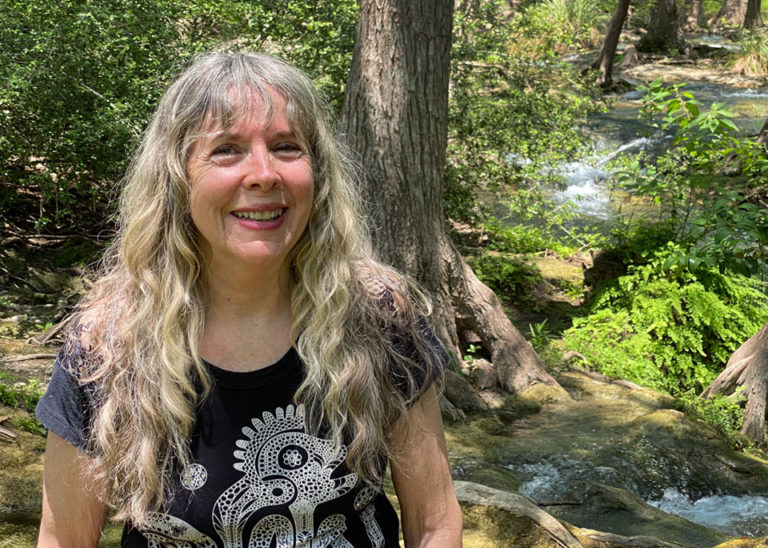Carol Flake Chapman

In 2022, Carol Flake Chapman was elected to the Texas Institute of Letters, the most prestigious organization of writers in Texas, following a long and varied career. After a stint in academia, she turned to journalism, working as writer and editor for a number of leading newspapers and magazines. She was a founding editor of Vanity Fair; she was the horse racing correspondent for The New Yorker; she was a rock critic for the Village Voice; she was the Texas stringer for U.S. News & World Report; and she served as an editor and columnist for the Boston Globe. She has written as well for Harper’s, the Washington Post, the New York Times, Vogue, Conde Nast Traveler, Connoisseur, The Nation, Texas Monthly, and The New Republic. She has covered subjects from religion, culture, and politics to travel and nature. Her pioneering book on evangelicalism and the rise of the religious right, titled Redemptorama: Culture, Politics and the New Evangelicalism, has become a classic, and her book about the city of New Orleans, titled New Orleans: Behind the Masks of America’s Most Exotic City, has been cited by many as one of the best books ever written about the city.
Following the sudden death of her husband on a wild river in Guatemala, the course of her career changed dramatically. She wrote about her journey of grief and healing in her book Written in Water: A Memoir of Love, Death and Mystery. And as her path of healing progressed, she returned to poetry, her first love. Her dissertation, written in her early 20s, about the poet Wallace Stevens, is still cited in many literary and academic journals. She began writing poems not only about grief and loss, but also about her deep connection to nature, which had been integral in her healing. Her poems began to reflect her Native American roots as well. She received the Joy Harjo prize for poetry in 2019 and was cited as one of the leading poets that year. She has performed her poems in gatherings around the world, from Texas and California to Mexico, France and Mongolia. Her poems have been included in a number of anthologies and literary journals.
She began writing about the Covid-19 pandemic early in 2020, responding in a journalistic way in her poems to the immediate and pressing need to record a turning point in American and world history. Life, she knew, would never be the same again. Her poems about the pandemic have been widely lauded by readers who have said that she has found the words to express the thoughts, fears and hopes that they have been unable to articulate. Maybe We Will All Become Butterflies: Poems from the Pandemic takes on our ordeal in the time of Covid-19 with dark humor, telling details, compassion, anger and vision.
Her next book, Wild Surprises: Stories and Poems about Encounters That Shifted My World, combines journalistic storytelling, poetry, and impressionistic photography to evoke a sense of wonder and astonishment about the kind of unexpected encounters with creatures in the wild that are not merely gifts but revelations.
Her new book, Querencia: Sonnets on Seeking Home in a Troubled World, explores our desire to find a sense of belonging and safety in a turbulent time of change. She was inspired by the notion of querencia, a term from bullfighting that originally meant the place in the ring where the bull finds safety, and which has come to evoke a sense of belonging and safety — of home. But like the bull, we must venture out of our safe places to seek safety and belonging elsewhere. And in that quest, she suggests in her poems, we create our own places of respite and sanctuary, where we find comfort and meaning.
Her goal as a writer, she says, is to use words to heal, to bear witness, to connect, and to restore hope in a troubled world.